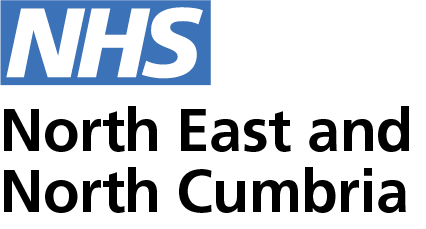Pharmacy healthcare 'revolution' offers quick and convenient care for common conditions
Patients can now see their local pharmacists for seven common health conditions under a new high street healthcare 'revolution'.
More than 600 pharmacies across the North East and North Cumbria can now offer expert advice and medication for illnesses including sinusitis, sore throat, and shingles without the need for a GP appointment.
Earache, impetigo, and infected insect bites can also be treated under the new service, designed to boost access to care and free up GP time, enabling local doctors to help those with more serious conditions.
In addition, women under 65 can get advice and treatment for uncomplicated urinary tract infections (UTIs) without the need for a GP appointment or prescription - a scheme which was successfully piloted across the North East and North Cumbria before being rolled out across the rest of the country.
Ewan Maule, director of medicines and pharmacy for NHS North East and North Cumbria Integrated Care Board (ICB) said, "Local pharmacies are at the heart of our communities and this new service will make it quicker and easier for thousands of people across the region to access NHS care - offering a faster and more convenient way to get the medication they need.
"Patients who need treatment or prescription medication for any of the seven common conditions, like an earache or sore throat, will now be able to get it directly from a pharmacy without waiting for a GP appointment.
"Across the North East and North Cumbria, we have already seen the impact that local community pharmacies can have following the launch of our own regional UTI scheme in July 2022.
"More than 30,000 women have already benefitted from using this service, which is fantastic, and it's great to see that is has now been rolled out across the rest of the country."
The seven common conditions that pharmacists can now treat include:
- Sinusitis
- A sore throat
- Earache
- Shingles
- Impetigo
- Infected insect bites
- Uncomplicated urinary tract infections (UTIs) in women under 65
The scheme is part of the national NHS primary care access recovery plan, which is committed to making accessing healthcare easier for millions of people.
"There has been a major transformation in the way the NHS delivers care and community pharmacies are now much more than a place to pick up a prescription," added Mr Maule.
"Pharmacists are highly trained health professionals and are well placed within our local communities to offer an ‘open door’ to the NHS for health advice including blood pressure checks and advice on contraception, without the need for an appointment. They can also refer you to other healthcare services if they feel that is needed.
"Many are open weekends, with some open late into the evening. You can walk in and talk in confidence - giving you more choice in seeking fast and more convenient access to healthcare treatment."

